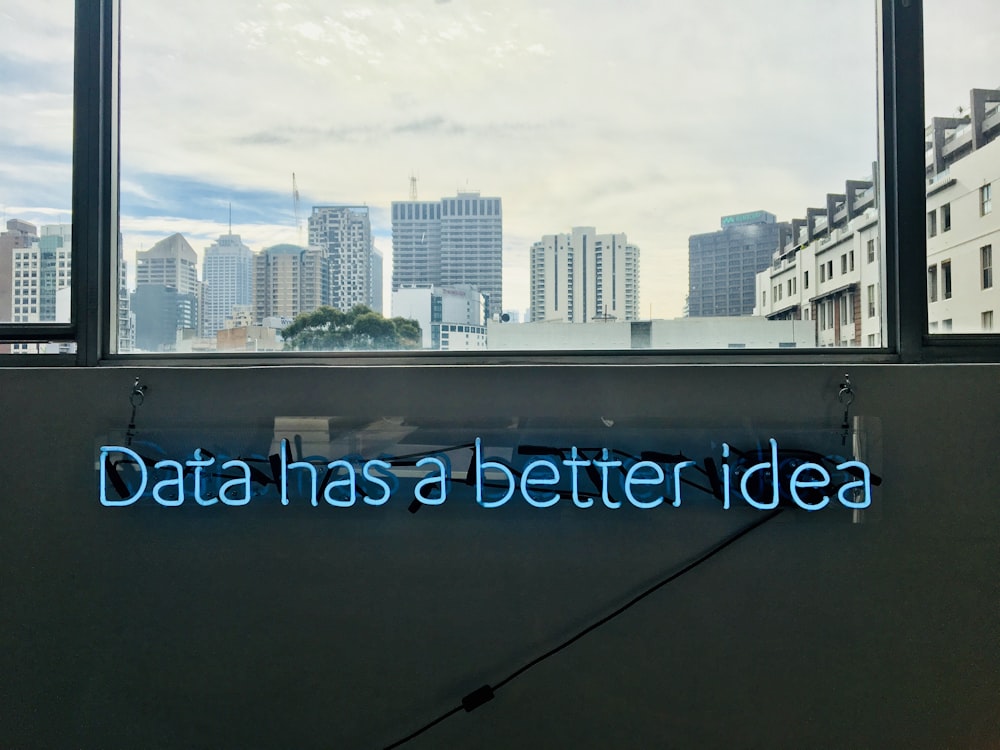When marketers think about market research, ‘nice to have’ seems to be common refrain, but it is more likely to have been a luxury rather than a necessity. The impact or value of the research is not underestimated, just difficult to obtain or comes at a hefty price tag, far beyond the budgets of most brands.
Beyond the price tag, the manual nature of market research meant that projects were often commissioned months (even a year) in advance to develop customised research. With the fast-pace of today’s economy and the need for proactiveness from brands, there is a need for change.
With these challenges in mind, Vase was born. Three entrepreneurs put their talents and expertise together to build a service that delivers deep quantitative and qualitative insights 5x faster. The trio of CEO Julie Ng, COO Zhen Ng (no relation, based on what we can see) and CTO Asyrique developed an AI market research platform to help companies make the right decision.
Founded in December 2015, Vase is reportedly able to deliver deep insights about consumer behaviour in 24 hours to give companies the edge they need to make the right business decision. Their clients range from startups like HappyFresh to MNCs like Carlsberg, Uniqlo, KFC and AXA Affin.

We spoke to Julie and Zhen over email to find out more about the company and the industry.
Why did you choose to start a market research startup? What were some of the reasons and why pick the name Vase?
Zhen: We didn’t start the company thinking to build something for the market research industry, we started out with the problem of “How do I know consumers will want this product?”
As entrepreneurs ourselves, this problem is close to home. We want to validate consumer demand for a particular idea we have before we spend the effort to build it, and there’s no simple way for us to do so. That’s what we set out to build, and inevitably that led us to the market research industry.
The name came from Validation-as-a-Service. Taking the initials, it became VaaS, which then became Vase.
We spoke to both Julie and Zhen over email to find out more about the company and where they see the industry moving. Find out more.
What is the technology that powers the surveys? Is it machine learning or how does it improve the quality and efficiency of the process?
Zhen: The secret sauce lies in vertical integration. Traditional research companies generally don’t own the audiences that answer their surveys and rely on third-party vendors to provide the audience for data. This creates two problems:
- Communication overheads, slowing down the entire research process
- Data silos, reducing the quality of research
With Vase, we integrate the audience directly into our research platform, and we own all the data that consumers provide us, allowing us to create ML models for sampling design, fraud detection, and insights discovery to improve speed and accuracy of our research.
Are there security concerns when it comes to the data? How do you protect the data from the ever-present threat of hacking?
Zhen: There are always security concerns; it is not something we tend to lightly. We recognise the threats and vulnerability we may be exposed to and take measures every single day to ensure the absolute security of our data.
4 years in, we’re glad to say that we have never suffered a data breach before. Contributing to this fact is the rigorous opsec, access control, and encryption we practise in the company. Only very selected trustees have access to personal identifiable information in the company. You’ll be surprised how many startups don’t practise the most basic of security precautions when it comes to cyberthreats.
What were some of the challenges you faced in breaking into the market? Was it difficult introducing your service to companies more used to working with very traditional research companies?
Zhen: It was a more prevalent problem when we first started: Large enterprises had no reason to trust this new company to deliver! We had our first big break when Digi Telecoms in Malaysia decided to endorse our service, and things flowed better from there. To date, we have served over 80+ enterprises in Malaysia and also around the region, providing consumer data to some of the largest brands and organisations on earth.
There are still execs who doubt online research, as they are not able to observe and see the work being done with their eyes, but most are caving to the fact that there is no way to make offline research as effective as online research. With the proliferation of social media & internet access, consumers nowadays are constantly being influenced by their friends, families, influencers, and brands. This always-on behaviour also created an always-changing consumer, driving the need for brands to always be researching and understanding what their consumers think in order to win market share.
From what we can see, you focus on the Malaysian market. What are you seeing in terms of the type of research that brands are looking for in this industry?
Julie: Our current focus in Malaysia provides a good learning ground for eventual expansion into other South East Asia countries. Driven by clients demand, we are eyeing regional expansion into Thailand/Indonesia in the coming year.
The most popular types of research that brands are doing with us are post-campaign tracking, competition analysis, brand check, pain point analysis, product validation, idea evaluation, and consumer understanding.
What is the next big technological trend that will ‘disrupt’ the market research industry?
Zhen: AI will drive costs & time taken for research down, opening up possibilities for new use cases of market research, driving up the demand for machine-augmented human experts to uncover insights from the troves of data being collected. BMI (brain machine interfaces) have the potential to upend the industry, though it’s still super far away.

What’s next for Vase?
Zhen: We are currently working on a new Software-as-a-Service (SaaS) product that we believe will drive wider adoption of consumer research in the Southeast Asia market. The path forward for our industry is automation & augmented intelligence, which we’re heavily investing in. We’re also excited about the prospects of growing the business regionally and allowing different parts of the world to access consumer data in Southeast Asia.
